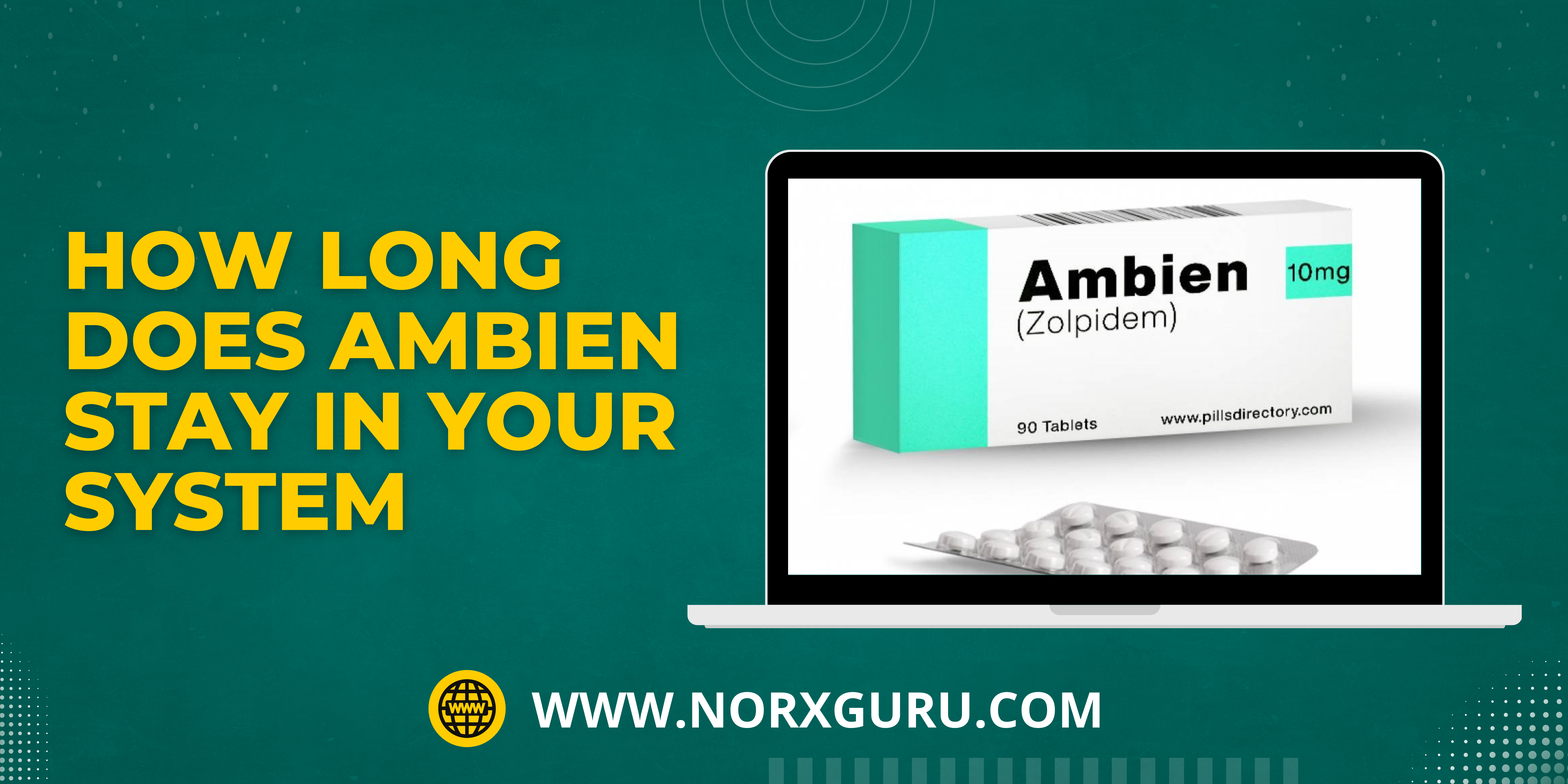The causes of insomnia can be stress, anxiety, noise, jet lag, or your genes; it is important to understand the cause of your insomnia. Doctors recommend psychotherapy, cognitive behavioral therapy, and medications like Ambien to treat insomnia. You can treat insomnia with medication as long as you make other lifestyle changes, like setting a bedtime and following a routine or maintaining sleep hygiene regularly.
The prescription Ambien helps you get a decent night’s rest and is prescribed as a short-term treatment for insomnia.Insomnia is a sleeping disorder where you may experience difficulty falling or staying asleep. Most often confused and used simultaneously with occasional sleepless nights, insomnia can be acute and chronic. Acute insomnia can last from one night to a few weeks, while chronic insomnia happens for at least three nights a week for at least three or more months. Lack of sleep caused due to insomnia can cause difficulty functioning the next day. Improper sleep can make you lethargic and affect your mental and emotional health.
There are two types of insomnia, primary and secondary. Primary insomnia means that sleeping problems aren’t linked to other health conditions. In contrast, your sleeping problems in secondary insomnia may be linked to health conditions like depression, cancer, pain, other medications, and even asthma. If you have trouble falling asleep, then it is called sleep-onset insomnia. If you have difficulty staying asleep, it is called sleep-maintenance insomnia, while if you have trouble with both, it can be termed mixed insomnia.
What is Ambien, and how does it function?
Ambien is a part of a class of medications known as sedative-hypnotic drugs that work to slow down the activity of the brain. It decreases sleep onset by 30 minutes and helps you get 7 to 8 hours. Ambien is the brand name for Zolpidem and is known to work similarly to benzodiazepines by enhancing the effects of GABA. This neurotransmitter inhibits the transfer of chemical signals and produces a calming and relaxing effect in the body.
Ambien is available as an immediate-release and an extended-release pill. The immediate release would help you better if you have sleep-onset insomnia, as it helps you fall asleep faster. The extended-release, on the other hand, has two layers, one that helps you fall asleep and the second one that helps you stay asleep; this would help you if you have sleep-maintenance insomnia.
What are the possible side effects of Ambien?
The common side effects include-
- Dizziness
- Drowsiness
- Feeling lightheaded and nauseous
- Daytime drowsiness
The common side effects of Ambien should decrease with time as your body gets used to the dosage. It is suggested that you inform your doctor if it gets worse.
The severe side effects are-
- Frequent mood changes like new or worsening depression or abnormal thoughts
- Memory loss
- Thoughts of suicide or harming yourself
- Hallucinations
- Confusion or agitation and aggressive behavior
The severe side effects are unlikely. However, it is advised that you inform your doctor and look for medical assistance.
How long does Ambien stay in your system?
Ambien is a prescription medication prescribed to treat insomnia and a fast-acting drug that is easily absorbed in the body. At the same time, it also doesn’t take long to be eliminated from the body. It reaches its peak concentration within 2 hours and has a short half-life of 3 hours. This means it takes one dose of Ambien, approximately 14 to 18 hours, to leave the body.
Some tests can still detect Ambien in your system after your last dose-
Urine – Ambien can be detected in the urine for 24 to 48 hours after the previous dose
Blood – Blood tests can find Ambien for 6 to 20 hours
Hair- Hair follicle tests can detect Ambien for up to 5 weeks
Factors that can affect the duration of detectability of Ambien are –
Age – Older adults may take longer to eliminate Ambien
Gender – Research has shown take it takes longer for women to get rid of Ambien from their system
Liver and kidney function – Ambien is absorbed in the liver and is excreted through the kidney. The better the liver and kidney function, the faster the elimination of the drug.
Metabolism and weight – A person with an adequate metabolism will take a shorter time to remove Ambien from their system, while a person with obesity takes longer.

